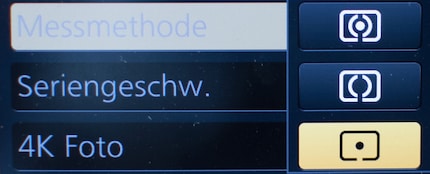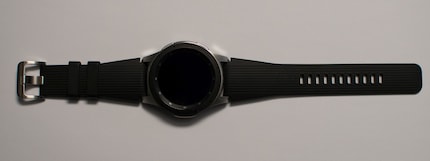
Quick photo tip: Using light metering correctly
The camera recognises various metering methods for correct exposure. Most of the time you use matrix metering, even if you don't realise it. But sometimes it makes sense to switch to spot metering.
Your camera measures the brightness in the image so that the photo is neither too bright nor too dark. You can set how it should do this
.
The normal case is matrix metering, also known as multi-segment metering. The aim of this method is to ensure that there are no underexposed or overexposed parts in the entire image. The entire image area is therefore analysed for the exposure measurement. The camera considers focussed (sharp) areas to be more important.
The special case is spot metering. In this case, the camera optimises the exposure to a small part of the image. In my camera, this is the autofocus point, but there are also cameras in which it is always the centre of the image. Selective metering and centre-weighted metering are mixtures of the above two methods.

When do I need spot metering?
Spot metering is useful when there are extremely large differences in brightness in the image. For example, in harsh sunlight, on reflective metal surfaces or in backlit situations. If I try to expose everything correctly with matrix metering, important parts of the image end up too dark. This is because matrix metering tries to avoid overexposure at all costs.


With spot or selective metering, I make a conscious decision: If I can't expose everything correctly anyway, then I concentrate on the main subject and ignore the rest.
The other use case concerns situations in which the background is simply not of interest. For example, when I take a product photo of a black device against a white background. With spot metering (second image), the dark device is exposed in such a way that you can still recognise details.


How do I set this up?
Somewhere on your camera there is an icon that looks like the matrix metering icon. If not as a button, then certainly in the menu. You can find the entry in the menu if you look for terms such as "metering method" or "exposure metering".
When switching to spot or selective metering, don't forget to reset! Otherwise you'll end up with completely incorrectly exposed images next time.
My interest in IT and writing landed me in tech journalism early on (2000). I want to know how we can use technology without being used. Outside of the office, I’m a keen musician who makes up for lacking talent with excessive enthusiasm.
Practical solutions for everyday problems with technology, household hacks and much more.
Show all